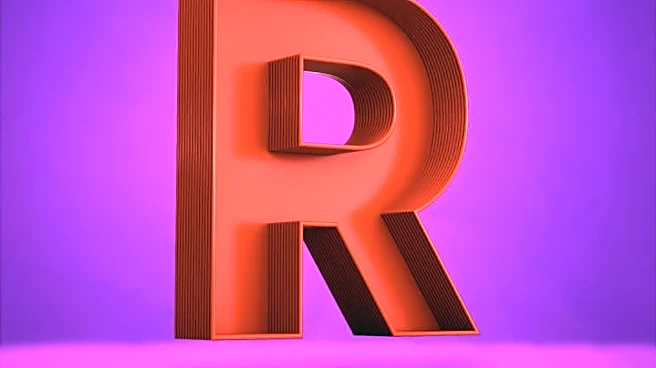What's Happening?
President Emmanuel Macron of France has announced that France will recognize Palestinian statehood, becoming the first Western member of the United Nations Security Council to do so. This decision follows Macron's visit to the Egyptian town of Al-Arish, where he witnessed the humanitarian crisis at the Gaza border. Macron's plan initially sought support from G7 allies, including the United Kingdom and Canada, to push for Palestinian recognition and encourage Arab states to adopt a softer stance towards Israel. However, both London and Ottawa refrained from joining the initiative, fearing repercussions from the United States. Consequently, Macron decided to proceed independently. The move has sparked criticism from Israel and the United States, with President Trump dismissing the decision as inconsequential. Macron's announcement is linked to a rescheduled United Nations conference, where he plans to formally announce recognition in September.
AD
Why It's Important?
The recognition of Palestinian statehood by France marks a significant diplomatic shift and could influence international relations in the Middle East. France's decision may increase pressure on other Western nations to reconsider their stance on Palestinian statehood, potentially altering the dynamics of peace negotiations in the region. The move is seen as a response to the ongoing humanitarian crisis in Gaza and reflects growing frustration with Israel's policies. While the recognition holds symbolic value, it may not lead to immediate changes on the ground, especially given the complex political landscape involving Hamas and the Palestinian Authority. The decision could also impact France's relations with Israel, as Israeli leaders have expressed strong opposition and warned of potential consequences.
What's Next?
France plans to host a conference at the United Nations General Assembly in September, where Macron will announce formal recognition of Palestinian statehood. This event aims to outline a roadmap for a viable Palestinian state while ensuring Israel's security. Macron's initiative may prompt other countries to join the recognition effort, potentially leading to broader international support for Palestinian statehood. However, the move could also lead to increased diplomatic tensions with Israel and its allies, including the United States. The outcome of the conference and subsequent diplomatic engagements will be crucial in determining the future of the Palestinian statehood recognition and its impact on regional stability.
Beyond the Headlines
Macron's decision to recognize Palestinian statehood highlights the ethical and humanitarian considerations driving international diplomacy. The move underscores the challenges faced by Western nations in balancing support for Israel with addressing humanitarian concerns in Gaza. It also reflects the growing influence of public opinion and media coverage in shaping foreign policy decisions. The recognition could serve as a catalyst for reform within the Palestinian Authority and encourage regional players to engage in constructive dialogue. However, the long-term implications of this decision remain uncertain, as geopolitical tensions and domestic pressures continue to shape the landscape of Middle Eastern politics.










